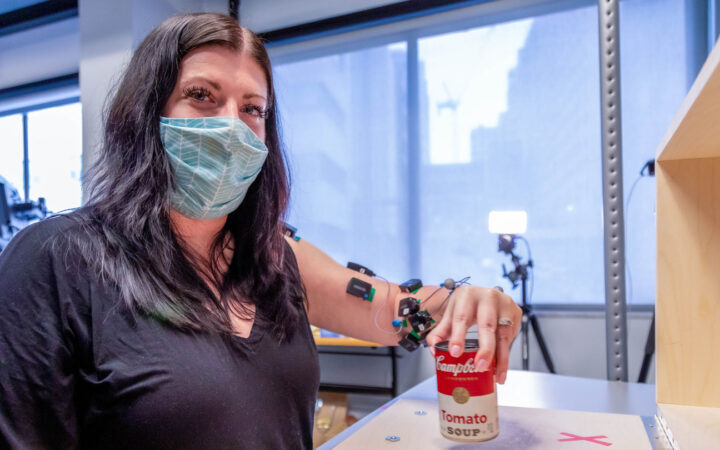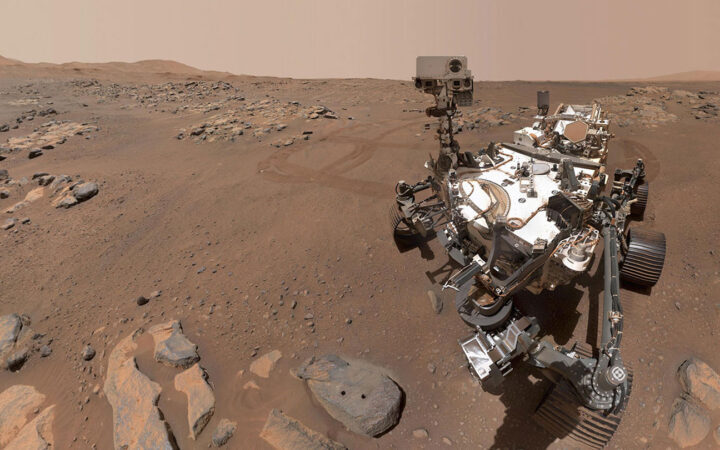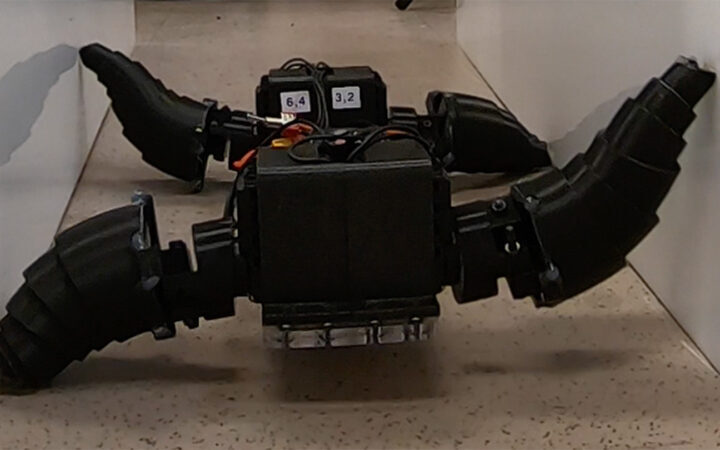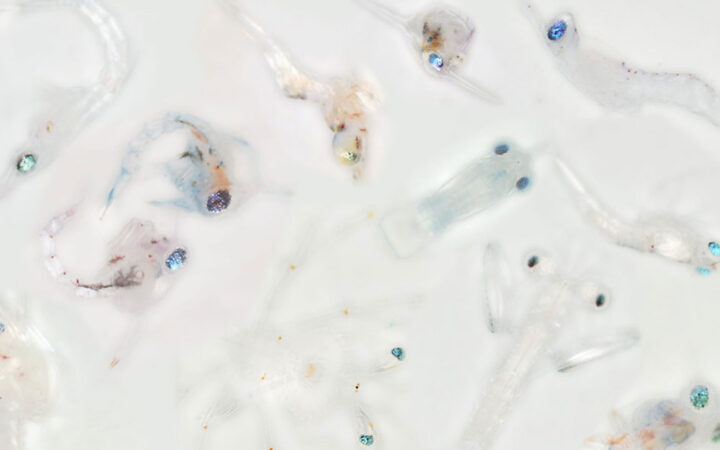
What did in the dinosaurs: Warm blood or soft eggs? — Science News, July 22, 1972
Dinosaurs might have been endothermic, or warm-blooded…. The combination of large size, endothermy and naked skin may explain the extinction of dinosaurs. About 65 million years ago there was a sharp drop in temperature…. Dinosaurs, lacking skin insulation and too large to burrow underground … could not survive. Meanwhile, evidence has come that … the shells [of their eggs] became progressively thinner … too fragile to support the growing embryo.
Update
Some dinosaurs may have been warm-blooded and some could have laid soft-shelled eggs (SN: 7/12/14, p. 6). But neither trait led to the reptiles’ demise. In the late 1970s, geologists proposed that an asteroid strike triggered a mass extinction (1/25/92, p. 56), killing more than 75 percent of life on Earth. That theory is now widely accepted. Scientists have even found the killer’s calling card: a crater about 180 kilometers wide on the coast of the Yucatán Peninsula in Mexico. The asteroid probably crash landed there in the springtime 66 million years ago, fossils hint (SN: 3/26/22, p. 8).

 A new treatment could restore some mobility in people paralyzed by strokes
A new treatment could restore some mobility in people paralyzed by strokes  What has Perseverance found in two years on Mars?
What has Perseverance found in two years on Mars?  This robot automatically tucks its limbs to squeeze through spaces
This robot automatically tucks its limbs to squeeze through spaces  Greta Thunberg’s new book urges the world to take climate action now
Greta Thunberg’s new book urges the world to take climate action now  Glassy eyes may help young crustaceans hide from predators in plain sight
Glassy eyes may help young crustaceans hide from predators in plain sight  A chemical imbalance doesn’t explain depression. So what does?
A chemical imbalance doesn’t explain depression. So what does?